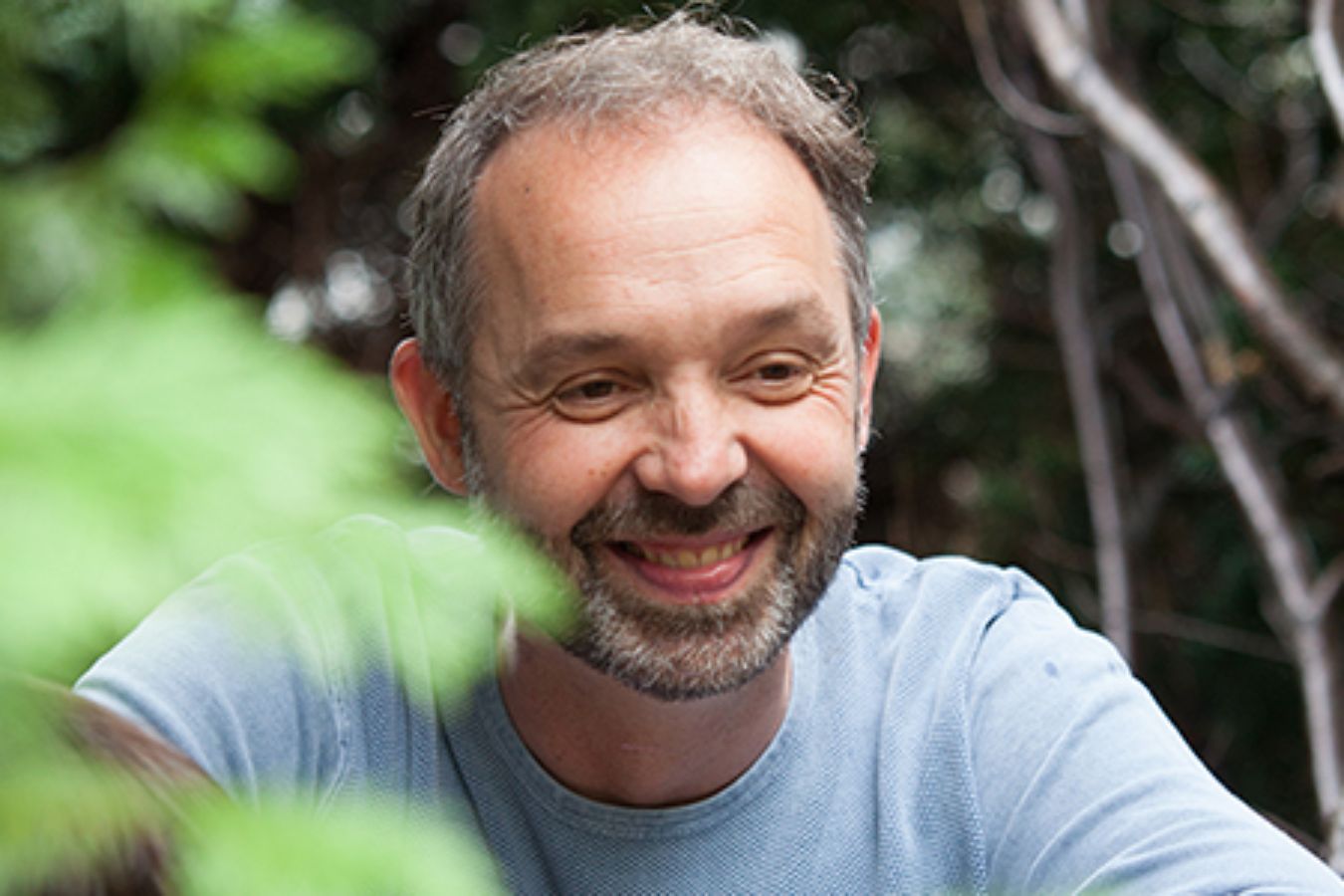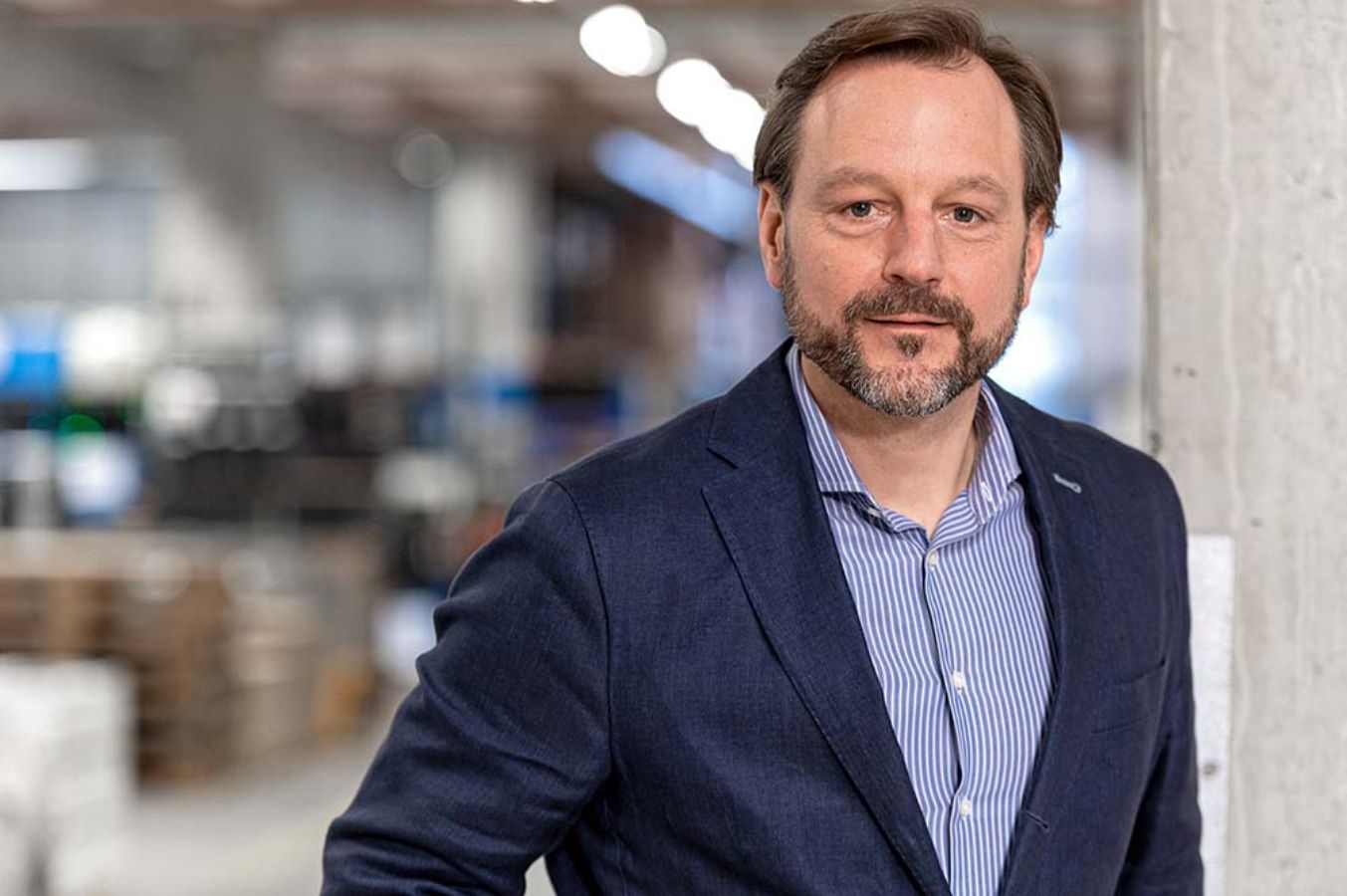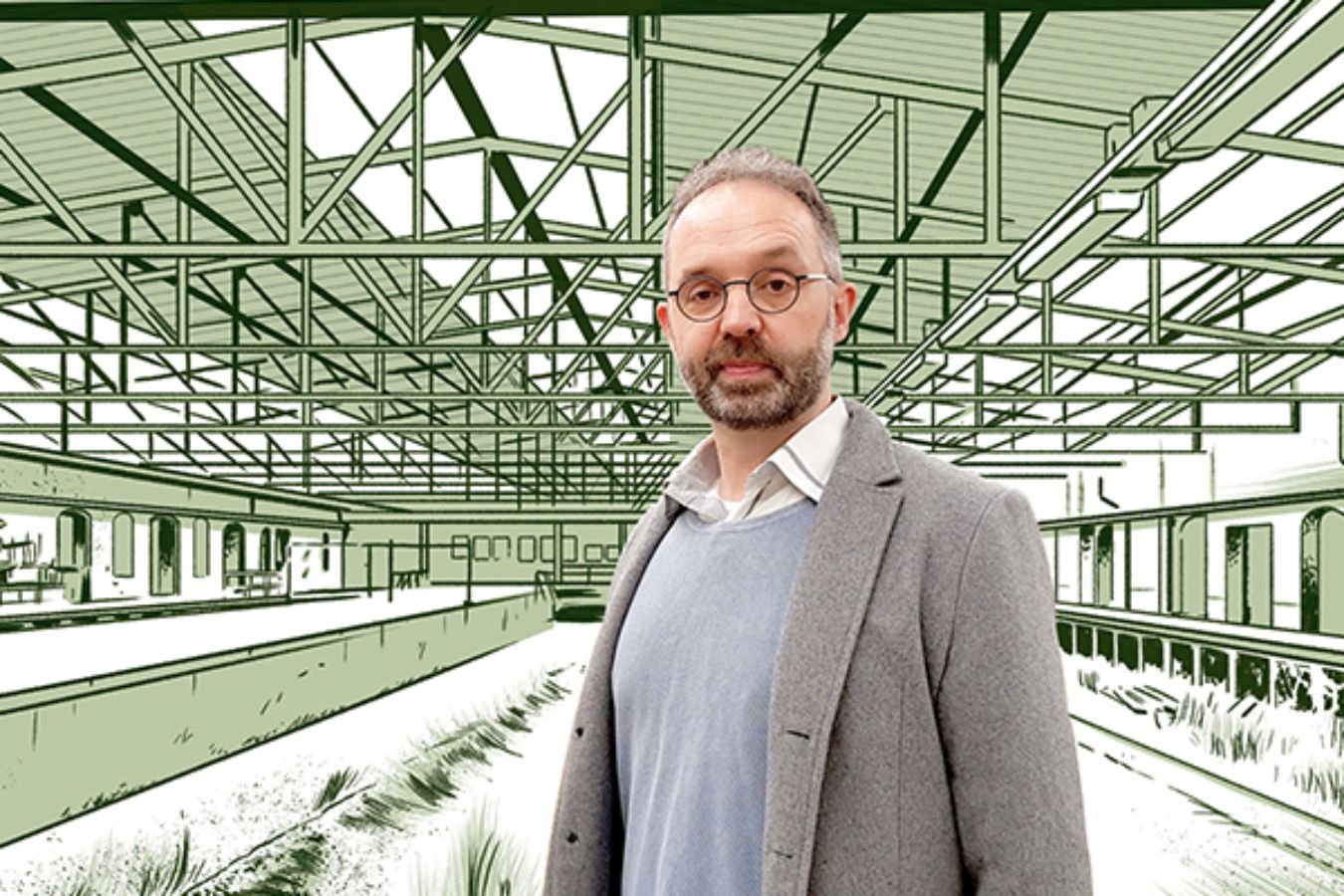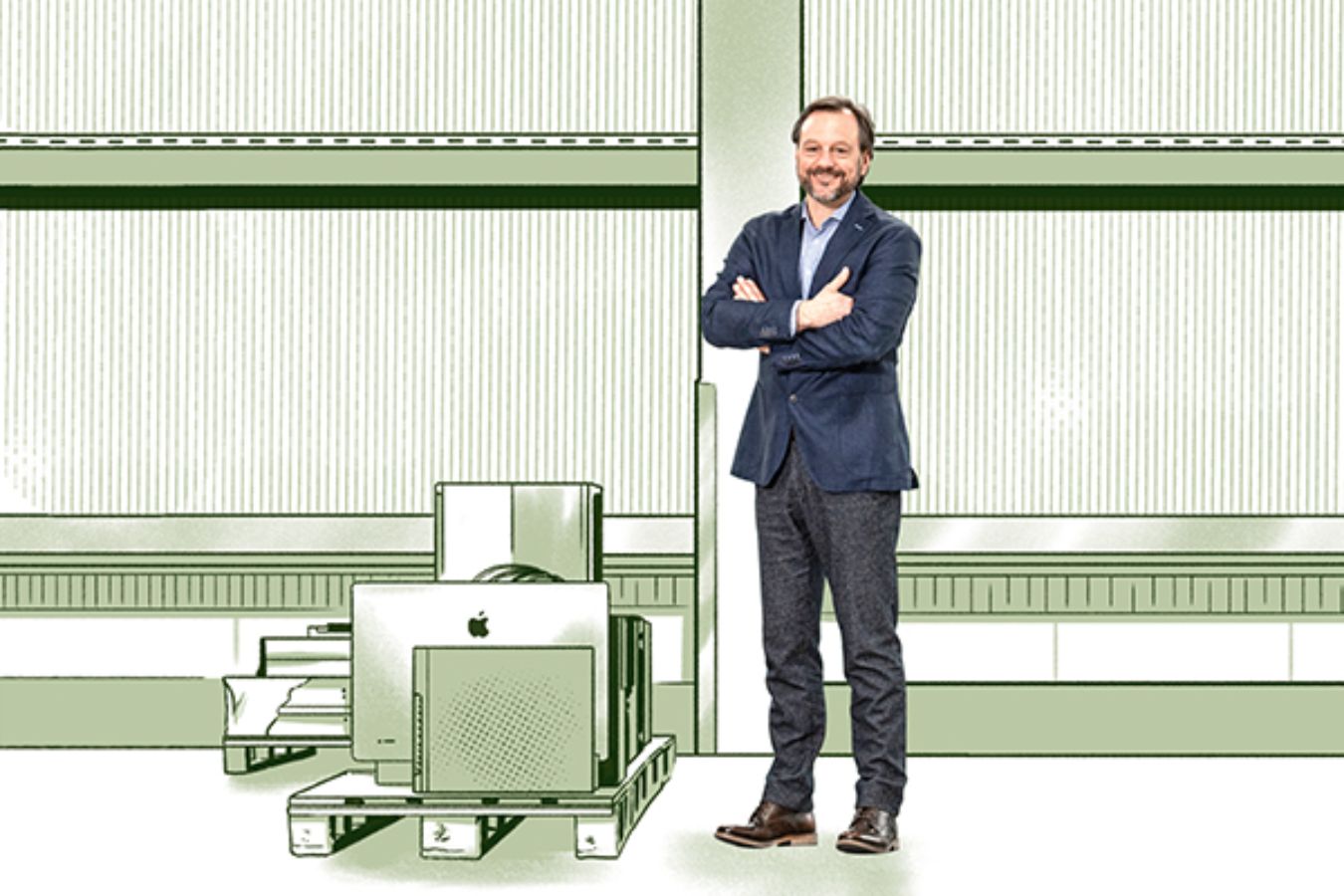Matthias Steybe, Group Sustainability Officer at CHG-MERIDIAN, discusses these questions with Dr. Rüdiger Kühr, circular economy expert at the United Nations Institute for Training and Research.
Could sustainability replace health and fitness as the topic on everyone’s mind?
Steybe: Not yet, but I have noticed that CHG-MERIDIAN employees are starting to ask whether they can use their IT equipment for longer, or might be allowed to order refurbished devices. We are seeing the same trend with our customers. There is a greater focus on using technology responsibly.
Kühr: Overall, sustainability and related topics have been pushed right up the agenda, in both the political and the private spheres. There is a new awareness of our consumer society.
Steybe: This zeitgeist is defining the way we think. The automotive industry has been under close scrutiny for some time regarding its environmental impact, and has reacted accordingly. This trend is now continuing in the IT sector.
Kühr: IT is a little behind the curve when it comes to sustainability, despite the public perception that the industry is highly innovative. The discussion of IT’s environmental impact and the launching of zero-emissions campaigns are only recent developments.
Steybe: Yes, the IT sector has certainly been lagging behind. As a result of the scarcity of resources and the related costs, the million or so used assets that we refurbish for another lifecycle now command a higher price. Demand is rising rapidly, leading to new business models based on the circular economy.
Dr. Rüdiger Kühr has a PhD in Economics and Social Sciences, and is one of the world's leading experts in the circular economy. Since 1999, he has been teaching and conducting research at the United Nations University. He is currently the Director of the Sustainable Cycles Programme at the United Nations Institute for Training and Research (UNITAR).
Why has the IT industry so far been unable to apply its tremendous powers of innovation to the issue of sustainability?
Kühr: The IT sector’s way of thinking is still linear. A product’s end-of-life phase and the closing of circular loops are rarely considered at the design stage, which is down to a lack of internal communication. The IT industry is not as innovative as its reputation would suggest.
Steybe: We have identified a shift among our customer base toward the types of alternative model that we, as a technology management pioneer, have championed for more than 40 years. Access over ownership is an increasingly popular concept, and the sharing economy is creating a new market mechanism. But there is still plenty of room for improvement, particularly when it comes to the longevity of products.
Matthias Steybe has been the Group Sustainability Officer at CHG-MERIDIAN since mid-2020. Together with his interdepartmental team, he is responsible for helping to shape the Group's sustainability strategy, and for deriving the required action plans and implementing them internationally.
So is the circular economy a form of disruptor?
Kühr: There is talk that it represents the start of the next industrial revolution. And a revolution is exactly what is needed.
Steybe: This gives us sustainability managers plenty of food for thought. Companies essentially have to earn their social license to operate from their shareholders and other stakeholders. What’s more, companies have to be able to show tangible results from their actions; statements of intent and statutory requirements are no longer sufficient. The phrase “If you want to fix the climate, you have to fix the economy first” could not be more fitting.
"The IT industry is not as innovative as its reputation would suggest. Its way of thinking is still far too linear."
Where is the pressure coming from to find a better balance between the economy and the environment?
Kühr: Mainly from society. Policymakers only pick up on trends that are popular, but offer little in terms of vision. Among other things, this is down to election cycles, which is why we probably shouldn’t expect too much from governments. Businesses, on the other hand, must think and plan for the long term. This is where the interaction between business and society is a key driver.
How can manufacturers be encouraged to design their products with the circular economy in mind?
Steybe: Competition boosts innovation. Just think of Car2go. In this case, a company within the Mercedes-Group questioned the primacy of buying. That was revolutionary. We are now witnessing something similar in IT. Policymakers can accelerate certain processes, of course, in the same way that the Green Deal is driving sustainable finance. Nevertheless, I firmly believe that the impetus for innovation should come from businesses.
Kühr: To some extent, new business models are imposing a form of self-regulation. Going forward, companies will only be buying the service, not the device. This will lead to greater component replaceability.
"If you want to fix the climate, you have to fix the economy first. The market is most likely to succeed in changing the market."
So are we not only on the cusp of another industrial revolution, but also experiencing a cultural change?
Kühr: Correct. There is no need to sacrifice our quality of life nor to do without innovation and the latest technology. The task is to maintain the way of life to which we are accustomed while exploring new approaches.
Steybe: We are talking of a digital revolution. One that is creating a new operating system for the economy.






